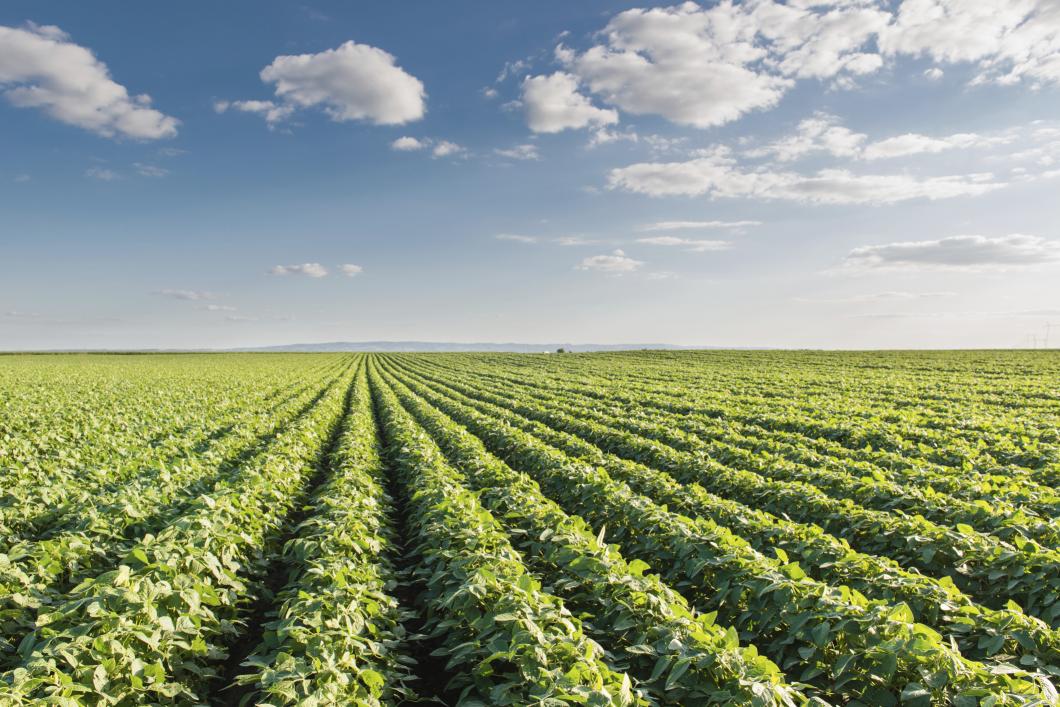Iran’s farms lack sufficient soil organic matter (SOM), rendering organic farming inefficient and unsustainable, a former agriculture minister says.
Speaking to ILNA, Isa Kalantari, who serves as senior advisor to First Vice President Es’haq Jahangiri, said the alarming rate of soil erosion in Iran demands immediate attention.
“We lose 17 tons of soil per hectare, or a millimeter, every year, while it takes 40 years for the same amount of soil to form,” Kalantari said.
SOM is the organic matter component of soil, consisting of plant and animal residues at various stages of decomposition, cells and tissues of soil organisms, and substances synthesized by soil organisms. Its presence is critical for soil function and quality.
However, a variety of factors such as climate change, drought and excessive logging, have exacerbated soil erosion. While soil erosion is a natural phenomenon, natural and human factors have upped the rate at which soil erodes, taking a toll on SOM and, by extension, soil function and quality.
“Our soil is not at all rich in humus anymore,” the expert said, referring to a complex organic substance resulting from the breakdown of plant material that plays a vital role in soil function. “Low SOM concentration makes organic farming unsustainable.”
Organic farming makes use of the soil’s potential as well as naturally-occurring compounds such as manure, to propagate crop growth. As such, it relies heavily on soil’s organic matter concentration. Proponents of organic agriculture vehemently oppose using bioengineered products in farming.
However, Kalantari says organic farming is inefficient because, given the country’s current conditions, “it can only produce food for 12 million people.”
Seeking Effective Answers
“Organic farming in Iran makes no sense, because we don’t have the potential. We need to increase our crop output, and organic agriculture is not the way to do it.”
He said it is high time Iran turned to technology and science for answers.
“We have to make use of the recent advancements in bioengineering, which provide cost-effective means of increasing crop yield.”
Genetically modified organisms, also called GMOs, are better resistant to pests and disease and provide bigger yields while making efficient use of land, he stressed.
Scientists argue that GM food can help address world hunger and meet the demands of an ever increasing global population.
“To say Iran is capable of feeding hundreds of millions of people is untrue, since we managed to produce food for only 32 million people in the past four years,” Kalantari said, taking a swipe at former officials such as Mohammad Reza Eskandari, who claimed last year that Iran “can feed 300 million people and must explore the possibility of food export.”
Water Crisis
Taking stock of Iran’s dwindling water reserves and the looming crisis, Kalantari, who is an outspoken critic of the country’s outdated and inefficient farming practices, said “it is baffling” to even talk about developing the agriculture sector without significant policy reforms.
“We need to devise a comprehensive 20-year plan to tackle the water crisis; that’s how serious the problem is,” he said, adding that water security is paramount to developing agriculture.
The general consensus is that soil erosion and degradation, if left unaddressed, will have a more immediate and profound impact on the country than the looming water crisis.


